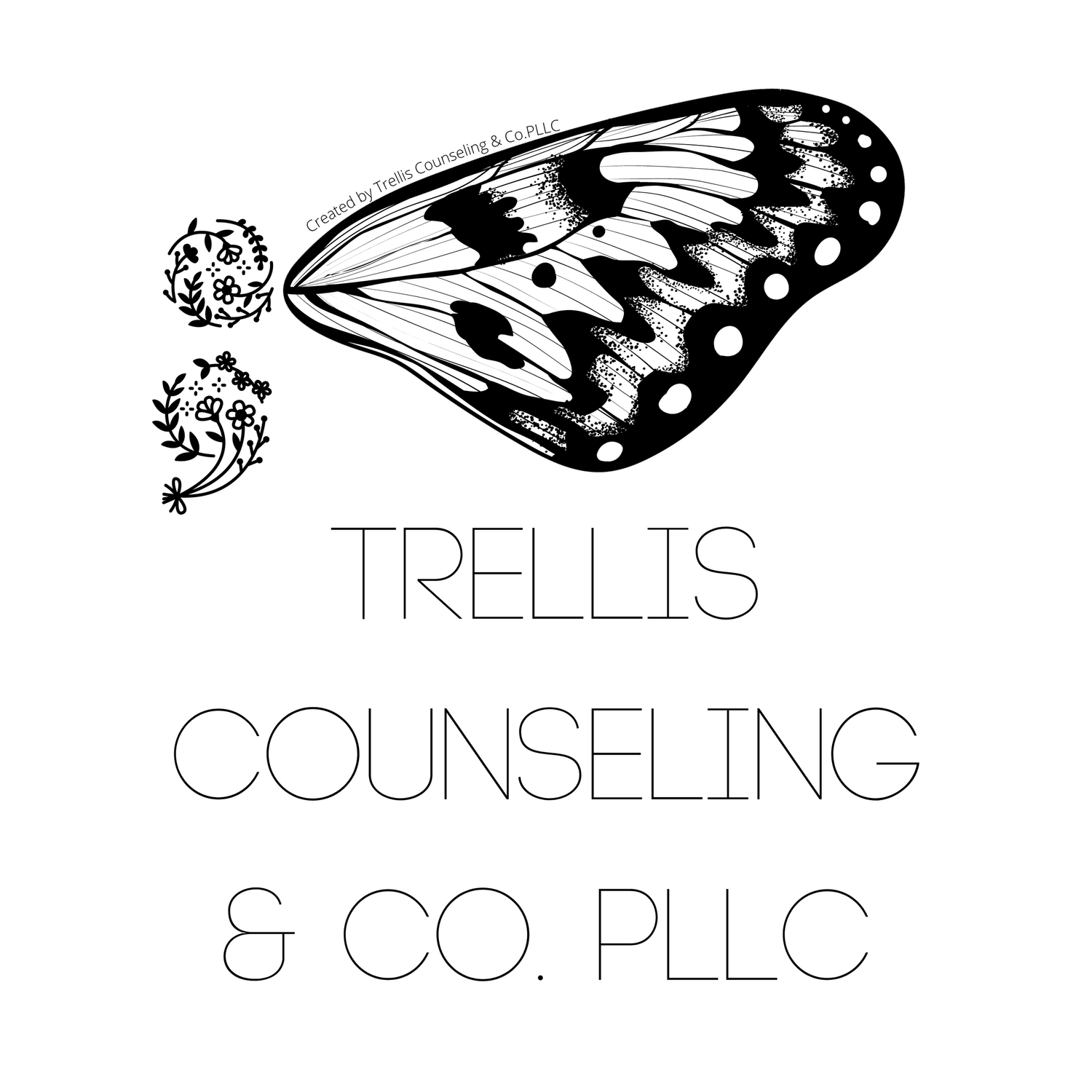In crisis? Dial 988 or go to www.afsp.org
〰️
There is help. There is hope.
In crisis? Dial 988 or go to www.afsp.org 〰️ There is help. There is hope.
grief & suicide
“I can’t picture my life without them in it. I’m lost.”
“I can’t stop thinking about the way they died. It’s always on my mind and I’m stuck.”
“I have support, but where do I even begin? I don’t know what I need or how to ask without feeling like a burden.”
Sound familiar?
I see you.
Grief can be one of the hardest, and one of the most beautiful experiences a person will ever have. It can feel disorienting, like you don’t know which way is up, what to do from day to day, or how to exist in a world without them. You find yourself struggling to do things they used to do, fill roles they used to fill, and linger on how idealistic they were (except…were they?)
I have seen grief absolutely shred people, or bring them closer together than ever before. It is one of those truly transformative parts of life, because it changes everything about what you know, what you do, and how you look at things around you.
But it doesn’t have to be all bad; it can be beautiful too. It may not feel like it to you right now (that’s why you’re reading this). I get that. I was where you are. As a fourth generation mortuary science professional, before my counseling days, I experienced loss of my own, and was professionally immersed in death. But something incredible happened. I began to learn, and experience for myself, that the death of someone can bring forth some of the most heartfelt, impassioned expressions of love, memories, and experiences. What’s more? Purpose. I saw people find purpose, and that was the hook that transformed the way I view grief. It doesn’t have to be all hard. It doesn’t have to be suppressed and sanitized and hidden away. It can be something felt and used to propel us forward in life after death.
Survive
grief in a world that doesn’t get it.
Something many Trellis clients share is the need to just survive and get through the daily grind as an active griever. Time off of work, out of school, away from the reality of death isn’t always possible. This is your guide to co-existing in a space that’s completely new to you.
learn
coping skills that actually help
Spoiler alert: there’s more than deep breathing, “thoughts and prayers.”
At Trellis, you will learn about grief, communication, cognitive skills, and other real-life information. What actually IS grief, and why is it so dang painful? Here’s what you can do to help yourself feel better, in healthy ways.
heal
your heart, live your life forward
Sometimes, people are afraid to heal, because their grief feels like the last connection they have with them. But the truth is, healing doesn’t mean you leave the love you have behind, it means you can be adaptive and hold space for both the hurt of missing and the love of memories.
Trellis can help with these kinds of grief:
+ prlonged illness
+ loss of a child (conception and beyond); abortion-related grief
+ grief of someone estranged
+ Loss of an animal family member
+ Sudden/traumatic
+ mass violence
+ suicide/homicide
+ complicated grief
If you’re ready to…
01
Learn healthy coping skills for living with grief
02
Share openly, the raw and unfiltered version
03
Honor your loss, heal your heart
04
Explore your life after their death
…then let’s get to work.

perspective from gillian:
It’s possible to grieve someone you didn’t like or had complicated past experiences with.
We’ve got you covered.
frequently asked questions
-
Short answer: no.
Long answer: no, because you aren’t broken. Grief does a lot of things, that are difficult experiences to go through, but it does not break you. You heal and carry it in a way that maximizes the quality of your life.
-
Because grief represents the mirror image of the relationship you had with them. If it was loving and joyful, part of you still has that. If it was difficult and complicated or hurtful, part of you still has that too. Death cannot stop emotion, nor is there a timeline for grief to play out.
It’s hard not to, but take caution in comparing your grief journey with that of others. Your emotions are unique to you, and someone else’s experience is unique to their emotions. No two griefs are alike, even when people are grieving the same person.
-
Yep. That’s because this isn’t you, and who you (really) are. This is grief.
Repeat after me: I am not my grief. I am a person and my grief is an experience.
And about the casseroles…well…politely close the door when it’s delivered, and then throw it at the wall. You might feel better after and then you can order a pizza.
-
Shock. Denial. Trauma. Exhaustion.
There are all kinds of reasons why this might be. But experiencing something called derealization (occurs when things don’t feel real), depersonalization (like an out-of-body experience), or dissociation (that “spaced out” thing that happens where you’re not aware of your surroundings)… all of these can happen with grief too.
At Trellis, we can assess for these experiences and determine if our help might actually…you know…help, or if a higher level of care by a medical provider may be more beneficial.
Please know: You are not “crazy”
You are grieving.
-
There may be expectations from others, and yourself, to honor who died. But expectations carry pressure, and who even needs that when things are already difficult? Pass.
These practices are called “Continued Memorialization” and there are all kinds of ways to honor your loved one, celebrate their life, mourn their death, and hold a little extra space on whatever day you may choose. At Trellis, we can help you craft a continued memorialization ritual that feels right to you, not the looky loos.
Hint: There’s no rule book that says it has to be on the day they died. There are 365 days to choose from.



